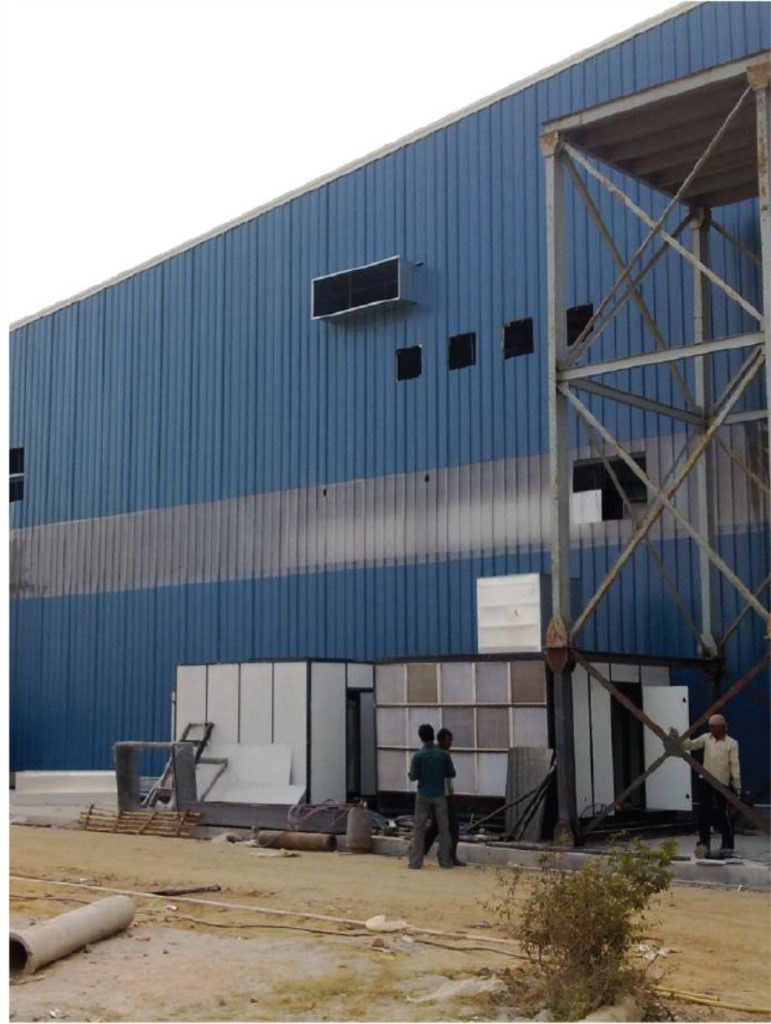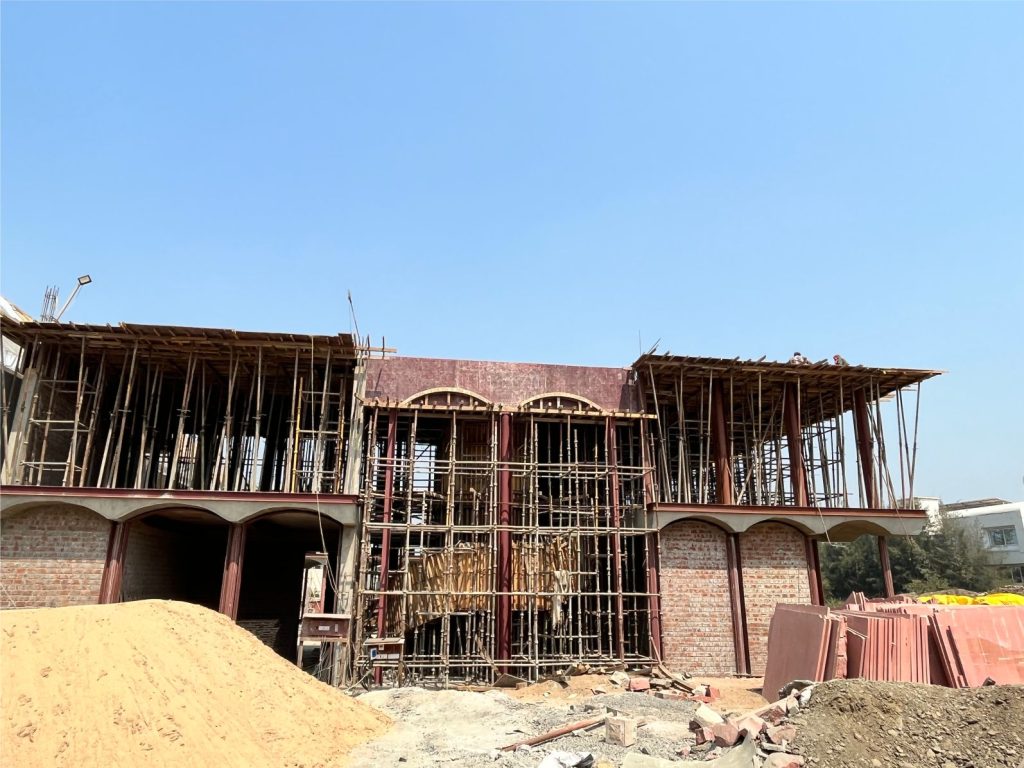Residential

Institutional

Industrial


Civil & Structural Work
Civil construction refers to the branch of civil engineering concerned with the design, construction, and maintenance of structures such as buildings, roads, bridges, dams, and other infrastructure. It involves both the planning and execution stages of various construction projects, focusing on ensuring safety, durability, and functionality of the built environment.
Key aspects of civil construction include:
Design: Engineers and architects collaborate to design structures that meet functional, aesthetic, and safety requirements. This stage involves detailed planning, including structural analysis, material selection, and adherence to building codes and regulations.
Construction: This phase involves the actual building process, where skilled labor and construction equipment are used to execute the design plans. It includes activities such as excavation, foundation laying, structural erection, and finishing works.
Materials: Civil construction utilizes a wide range of materials such as concrete, steel, timber, and composites. The choice of materials depends on factors like structural requirements, environmental conditions, and cost-effectiveness.
Project Management: Effective project management is crucial to ensure that construction projects are completed on time, within budget, and according to specifications. It involves planning, scheduling, budgeting, and resource allocation.
